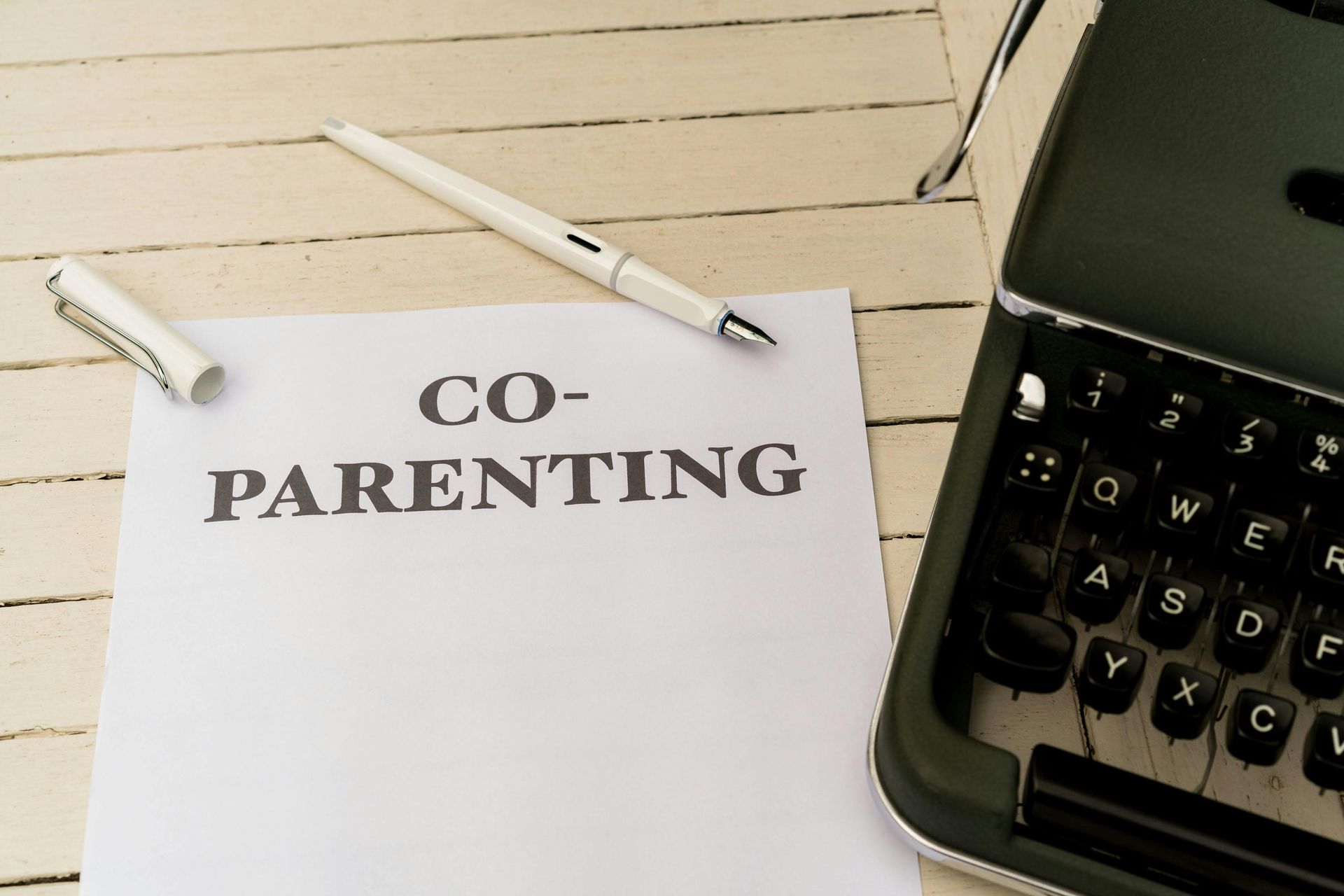Growing Up Without a Father: A Personal and Social Reflection
Growing up without a father is a reality for millions of children around the world. Whether due to death, divorce, abandonment, incarceration, or other life circumstances, the absence of a father figure can have a lasting impact on a person’s emotional development, relationships, and sense of identity. While every experience is unique, the journey of growing up without a father often includes a mixture of confusion, pain, resilience, and ultimately, growth.
The Early Realization
For many children, the realization that their father isn’t present doesn’t come all at once. It can be gradual—like noticing other kids being picked up by their dads after school, or hearing classmates talk about weekend fishing trips, sports games, or even simple things like being tucked in at night by their fathers. These small comparisons can pile up, creating a growing awareness that something is missing.
Some kids ask, “Why isn’t my dad here?” That question can haunt childhood, especially when there is no clear answer. Whether the father left by choice or through circumstances out of anyone’s control, the void left behind can be confusing. This early absence often plants seeds of insecurity, abandonment, and in some cases, self-blame—even though the child is in no way responsible.
The Emotional Weight
The absence of a father can show up in subtle but powerful ways. For boys, it might manifest as an identity crisis: "What does it mean to be a man?" For girls, it might bring questions around love and trust: "How should I expect to be treated by men?" These internal questions aren’t always verbalized, but they echo throughout childhood and adolescence.
Children who grow up without a father may struggle with feelings of rejection, low self-worth, and even anger. The emotional weight can be heavy. At times, it may feel like a constant need to prove oneself—to others, to the world, or even to the absent parent.
There can also be trust issues, particularly in relationships. A child who felt abandoned by a parent may find it difficult to believe others will stick around. This can impact friendships, romantic relationships, and even professional connections later in life.
The Role of a Father—Why It Matters
Fathers provide more than just financial support. Ideally, a father offers emotional guidance, discipline, protection, and a model for how to handle life’s challenges. He’s often the one who shows you how to fix a leaky faucet, throw a football, or stand up for yourself. When that role is unfilled, the responsibility often shifts to someone else—usually the mother, grandparents, siblings, or community mentors.
Single mothers often carry an enormous burden, trying to fill both parental roles. And while many do an incredible job, the reality is that no one can be both mother and father. Children may still feel a gap that no one else can quite fill. Extended family, mentors, teachers, and coaches can help, but the emotional desire for a father's love and approval often remains.
Coping Mechanisms—Healthy and Unhealthy
To deal with the pain, some children throw themselves into school, sports, or work. Others may act out, rebel, or seek attention in risky ways. In adolescence, the desire to “belong” can become intense, leading some toward gangs, toxic relationships, or substance abuse. These are often symptoms of a deeper issue—a desperate need for guidance, approval, and love.
On the other hand, some children develop incredible strength, independence, and empathy. They become protectors, leaders, or caregivers. Having grown up without a safety net, they often learn to be resilient early on. They may vow to be present parents themselves, determined not to repeat the cycle of absence.
Breaking the Cycle
Not everyone who grows up without a father continues the pattern. Many people become wonderful parents, partners, and friends. They do the inner work—through therapy, reflection, community support, and personal growth—to heal the wounds left by an absent parent.
One of the most powerful steps is learning to separate your self-worth from your father’s absence. Realizing that you are not broken, that you are lovable and enough just as you are, can be life-changing. It also means understanding that your past does not have to define your future.
Forgiveness—if and when it feels right—can also be healing. Some people reconnect with their fathers later in life. Others never do, but they still find peace. Forgiveness doesn't always mean reconciliation; sometimes, it’s simply letting go of the pain so you can move forward.
Society’s Role and Responsibility
Fatherlessness is not just a personal issue—it’s a social one. Studies have shown that children from father-absent homes are more likely to face challenges such as poverty, lower educational achievement, and mental health issues. This doesn’t mean every child without a father will face these problems, but the risk is statistically higher.
That’s why community support is vital. Schools, mentors, after-school programs, and community leaders can make a huge difference. Organizations that offer mentorship and guidance to fatherless youth can help fill in the emotional and practical gaps.
Society also needs to change the conversation. Rather than shaming absent fathers or labeling children as “from broken homes,” we should focus on healing, prevention, and support. Empower single mothers, uplift strong male role models, and give children the tools they need to thrive regardless of their family structure.
Finding Strength in the Story
Growing up without a father can hurt—but it can also create strength. Many people who lacked a father figure learn to become their own heroes. They develop emotional intelligence, perseverance, and compassion. They know what it means to survive, adapt, and grow.
It’s not an easy path, and the scars may linger, but there is also power in that journey. Everyone’s story is different, and while you can’t rewrite your childhood, you can decide what kind of person you want to be today.
If you grew up without a father, know this: You are not alone. Your experience matters. Your pain is valid—but so is your strength. And while you may have been shaped by your past, you are not bound by it.
---
Final Thought:
A missing father creates a gap—but it doesn’t have to define your future. With love, support, and inner healing, you can turn that gap into a bridge: a bridge to self-awareness, resilience, and a life filled with purpose.
More Family Law Blogs
by Anne Harvey









